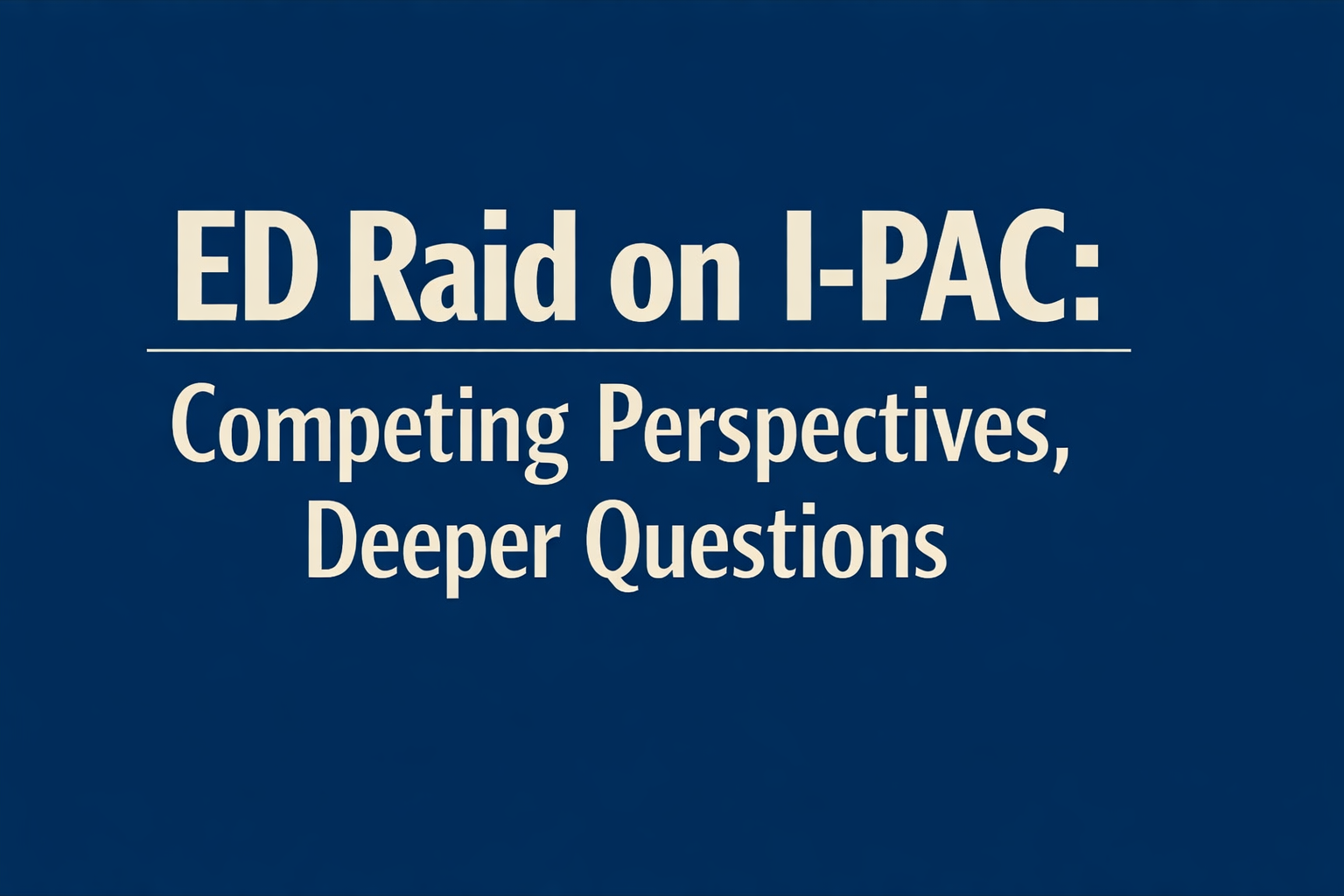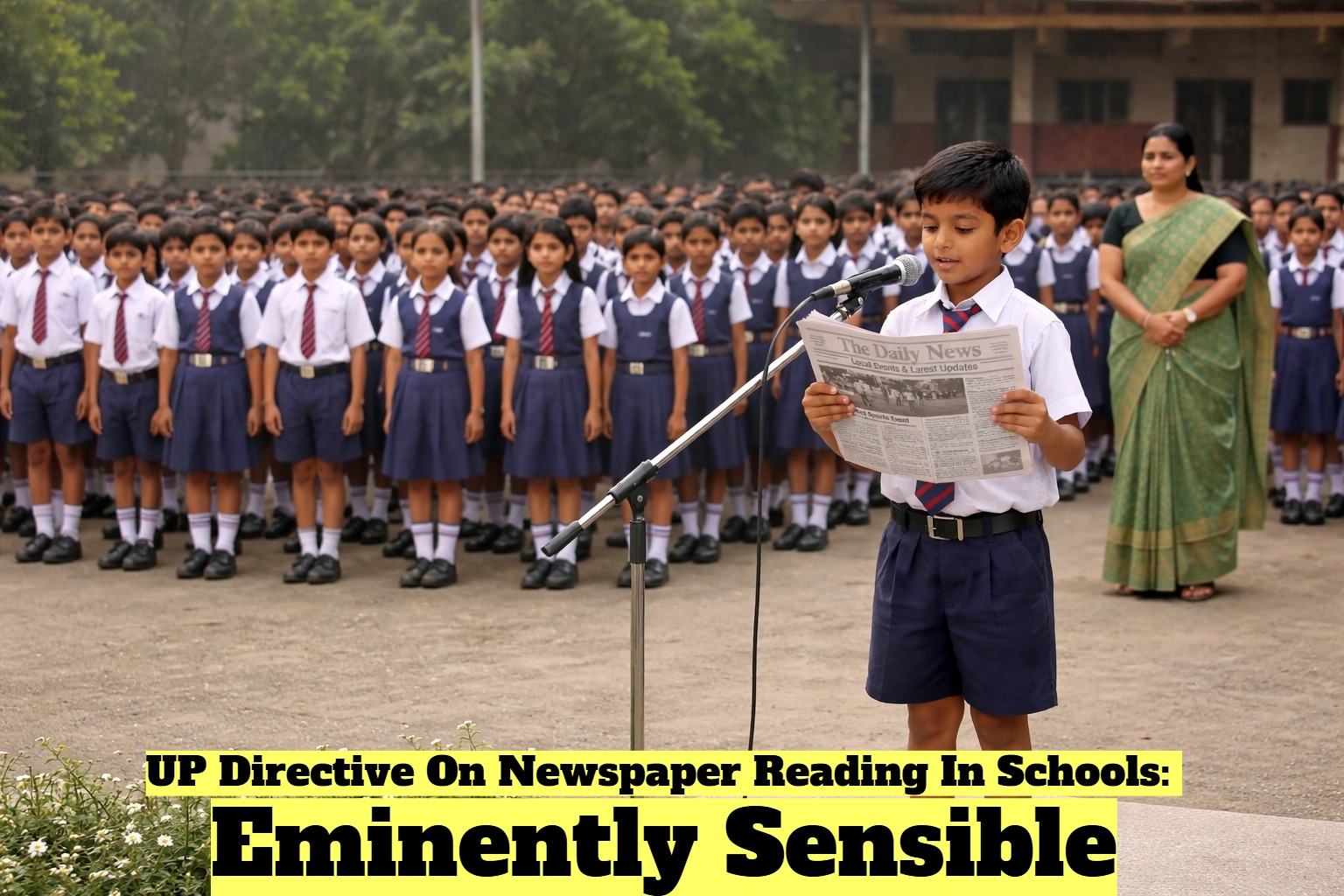

By Our Editorial Team
First publised on 2022-03-31 07:50:03
As the world grapples with the tensions unleashed by the war in Ukraine, the improvement in the Covid situation in India has meant that a host of foreign government big-wigs are making a beeline to Delhi for in-person meetings with the Indian government to discuss the situation. After the visit of Japanese Prime Minister Fumio Kishida (which was of course as per the norm between the two countries to hold an annual meet of the top leaders and was the first in-person meeting after two years), the Chinese foreign minister Wang Yi came calling to invite Prime Minister Modi for the Brics summit in China later this year. The chasm between the Indian and Japanese positions on the Ukraine was hard to miss as PM Kishida asked India to adopt a tougher line against Russia.
Currently, the German security and foreign policy advisor Jen Plotner is in Delhi holding discussions with foreign minister S Jaishankar and NSA Ajit Doval. Russian foreign minister Sergey Lavrov, US deputy NSA Daleep Singh and British foreign secretary will also be in the capital this week. Before this, the European Union special envoy for the Indo-Pacific region, Gabriele Visentin held talks with external affairs ministry. While Indiaâs neutral stance on the war in Ukraine after it abstained from voting on all the resolutions moved against Russia in the UN has made EU, US and UK put pressure on it to change its stance and condemn the Russian attack, the Russians obviously are pleased with the situation and would like India to remain neutral.
But India's main problem is that if the war continues for long, as it seems it will after the Russians reneged on their word to scale down operations in Kyiv, and if more civilian lives are lost, India will have to take a stand against Russia sometime in the near future. That is why it is imperative that the Russian foreign minister Sergey Lavrov (the US has said that it is "deeply disappointed" with this visit at this point of time) is made aware of the pressures on India. He must also be told that the war must end and the issue should be resolved through negotiations, especially as Ukraine has made it clear that it is not going to join Nato.
Although the US and other western nations have till now said that they understand India's compulsions in remaining 'neutral', things will change if the war does not end soon. India will be under increasing pressure to support the US-led sanctions and suspend all business with Russia. Hence, India must use its good relations with the Russians to make them return to the negotiating table. The next few weeks will be a huge test for India's tightrope diplomacy. Although it is clear that the Russians want Volodymyr Zelenskyy to go and want to install a puppet regime in Ukraine, there can be a middle ground and all parties must strive to discover it to end the sufferings of the people of Ukraine.











